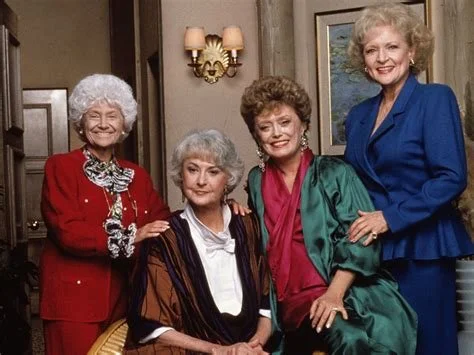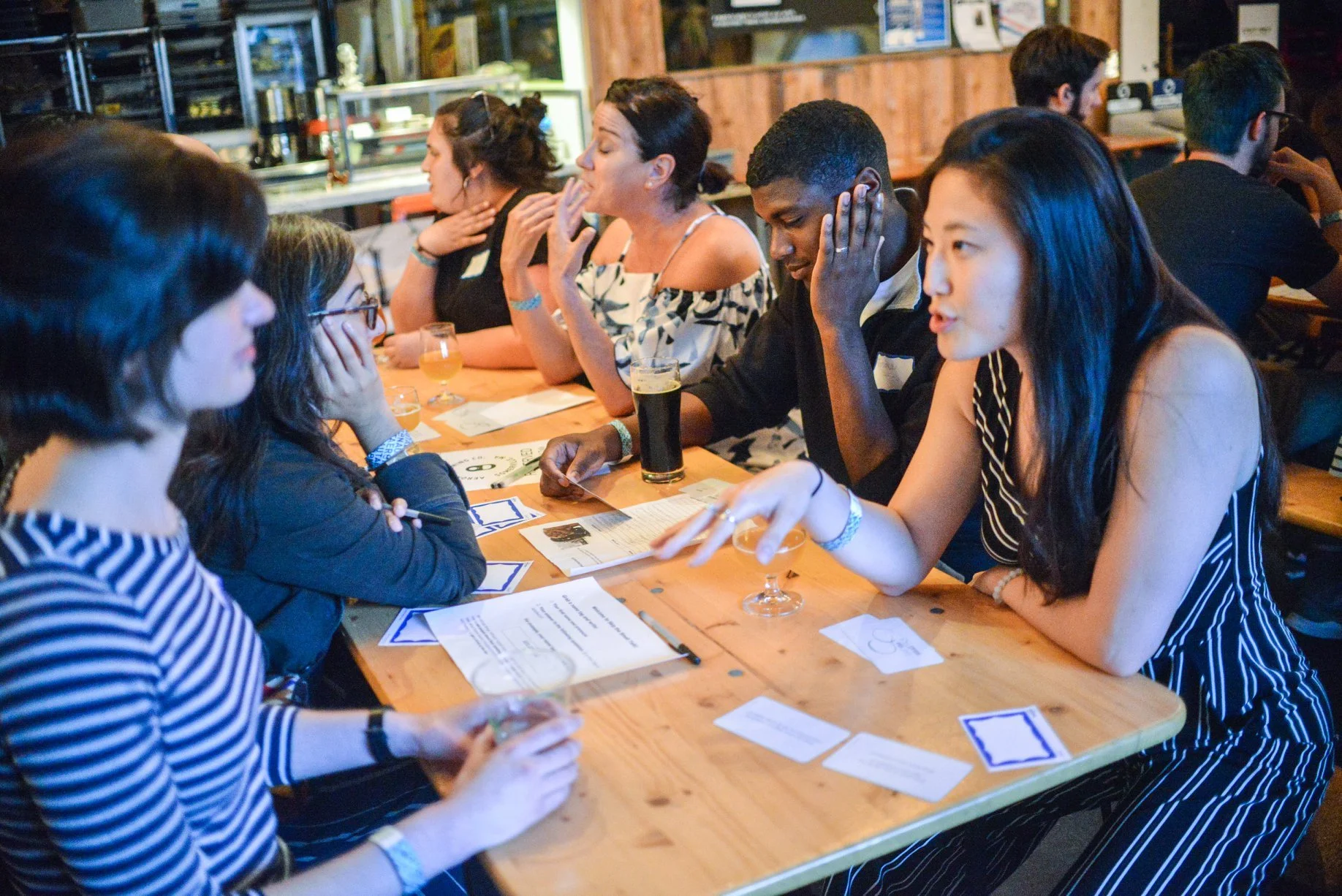Why Do Friends Razz Each Other?: The Golden Girls Model of Friendship
Sophia, Dorothy, Blanche, and Rose - Golden Girls ran from 1985-1992
A couple of years ago, a friend gave me her tickets to the Golden Girls play, and as the lights dimmed and the opening notes rang out, the entire theatre sang “thank you for being a friend, travelled down the road and back again. Your heart is true, you’re a pal and a confidante!”
It was a moment of true and deep togetherness among hundreds of (mostly) strangers. The song and the show connect us to our deep, shared, and - increasingly - unmet need for deep friendships.
In an environment where just getting through the day can be challenging, and pop therapy has diminished our capacity to work out the bumpy part of relating, The Golden Girls offers some insight into what makes good friendships.
we need each other and it’s a good thing
The whole premise of the show is that Blanche cannot afford her Miami home without taking on roommates. Dorothy takes Sophia in after her nursing home, Shady Pines, burns down. Each woman finds herself single after the end of a marriage. Whether widowed, divorced, or experiencing the isolation of elders, each character needs both material support and meaningful connection.
It can feel so counter-intuitive - and vulnerable! - but asking for help is a huge step in developing strong friendships. Making decisions to pool resources and truly depend on each other can take an existing friendship to new depths. For example, for about 3 years one of my best friends and I co-owned a car while living in neighborhoods at the opposite ends of town. It got us to see each other regularly for the car exchange, made daily life much easier for both of us, and gave us positive experiences making decisions with another person.
“Go to sleep, sweetheart. Pray for brains”
Golden Girls is popularly remembered for the razor sharp zingers the four friends levy at each other over cheesecake, morning coffee, or romantic disputes. While not every joke has aged well, the lesson in the comedic pattern pretty much boils down to: don’t take yourself so seriously.
The kicker is: don’t expect your friends to, either. We need the insight (and incisiveness) of our friends to help us see our flaws and foibles, point out the obvious mess we’re walking into, and remind us of where our priorities should be.
Validation is hugely important in any positive connection, but we need to know when we’re being knuckleheads, too.
down the road and back again
Whether it’s Premier Mikhail Gorbachev mistaking Rose for a 9 year old girl, or confronting Blanche’s fear of being trapped in a room full of bald men, or deciding whether to take back a philandering husband - what comes through in the silly stories is that Rose, Blanche, Dorothy, and Sophia always come back to each other to face their problems. The Golden Girls show that you and your friends are not going to be perfect, but sharing in the imperfection, may exactly be what brings you closer.
It’s easy to feel like our problems are uniquely unsolvable, and our culture tells us constantly we need to solve them alone (or, better, buy a subscription to something to solve it for us) to be liked or successful. The truth is more complex: we have to face our actions, but we don’t have to do it alone. We can do it with our friends holding our hand, or greeting us with dessert when it’s all finished.
New friends—or even just new roommates—can be hard to find. Our founder, Ashley Kirsner, actually met her current roommate (and friend) through a Skip the Small Talk. Who knows, maybe you can too! And if you’re looking for tips on picking a good roommate or how to foster a good relationship with roommates, we got you covered!
Folks at an actual Skip the Small Talk event


